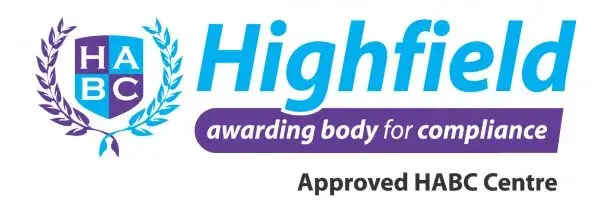When Natasha’s Law comes into effect on 1 October 2021, businesses that sell foods and drinks that are prepacked for direct sale (PPDS) will need to make some changes to the way they label and communicate ingredients and allergens. If you’re an owner, manager or another employee of a food business, here’s what you need to know about the new law.
What is Natasha’s Law?
In 2016, Natasha Ednan-Laperouse died after eating a baguette containing sesame seeds, which were not included on the ingredients list.

Believe it or not, an exemption under the Food Information Regulations 2014 meant that the law did not require food businesses to label ingredients on food prepared and packed on the premises on which it was sold, as was the case with Pret A Manger.
“If Pret A Manger had listed allergens, it’s possible the tragedy would have been avoided.”
Nevertheless, if Pret A Manger had listed allergens—despite not being legally required to do so—it’s possible the tragedy would have been avoided. As international law firm Taylor Wessing noted, ‘the Coroner’s inquest for Natasha Ednan-Laperouse and subsequent report criticised food retailers’ use of the Regulation 5 exemption to avoid full food labelling where items are not prepared in “local kitchens” but rather in “factory style outlets…a device to evade the spirit of the regulation.”’
- You may like: Who is responsible for food safety?
The implications of this exemption encouraged Natasha’s parents to lobby for a change in the law, and The Food Information (Amendment) (England) Regulations 2019—commonly referred to as Natasha’s Law—supersedes the Food Information Regulations 2014, and is due to come into force on 1 October 2021.
When the new law is introduced, businesses that sell PPDS foods will need to make some changes.
Three food labelling changes required by Natasha’s Law
Natasha’s Law applies mainly to the labelling of PPDS foods, and introduces the following key requirements for food businesses:
- Any food that is prepacked for direct sale, whether supplied to a final consumer (e.g. in a café) or a mass caterer (business to business), must have a list of ingredients placed directly on the package or on a label attached to the package.
- Any food that is prepacked for direct sale, whether supplied to a final consumer or a mass caterer, must have the name of the food placed directly on the package or on a label attached to the package.
- The packaging or label must include the name of the product, and a full list of ingredients in quantitative order, with any of the 14 prescribed allergens highlighted in some other way (Regulation 6A).
Natasha’s Law exemptions
Under the new amendments, there is an exemption to Regulation 5A for packaging or containers with a surface area of less than 10cm2, which is roughly the size of a single Lindt Lindor chocolate.

There is also an exemption to both Regulation 5A and 6A, where the offer for sale is made through distance communication (i.e. you and your customer are not in the same place at the time the food is purchased). This may apply, for example, if your customer makes the purchase online for home delivery.
Other than that, Natasha’s Law applies to all businesses that sell PPDS foods.
What to do next to prepare for Natasha’s Law
Poor food safety practices can cause allergic reactions that result in injury and, occasionally, death. It is therefore incredibly important that your business and its employees understand, and consistently apply, food safety management practices.
Why?
First, and most importantly, to keep the public safe. And subsequently, to shield your business from legal action and damaging publicity.
Natasha’s Law makes this even more urgent; enforcement begins on 1st October 2021.
It’s also a time-limited opportunity to steal a competitive advantage based on something you will have to do anyway.
By acting now, most likely before your competitors, you can leverage the work into marketing initiatives that show your customers how much you care about their safety, and how you are doing everything you can to adopt high-quality food safety practices.
Why not get started now?
Upcoming food safety courses from Buddy are listed here.

Images via AdobeStock and Unsplash

